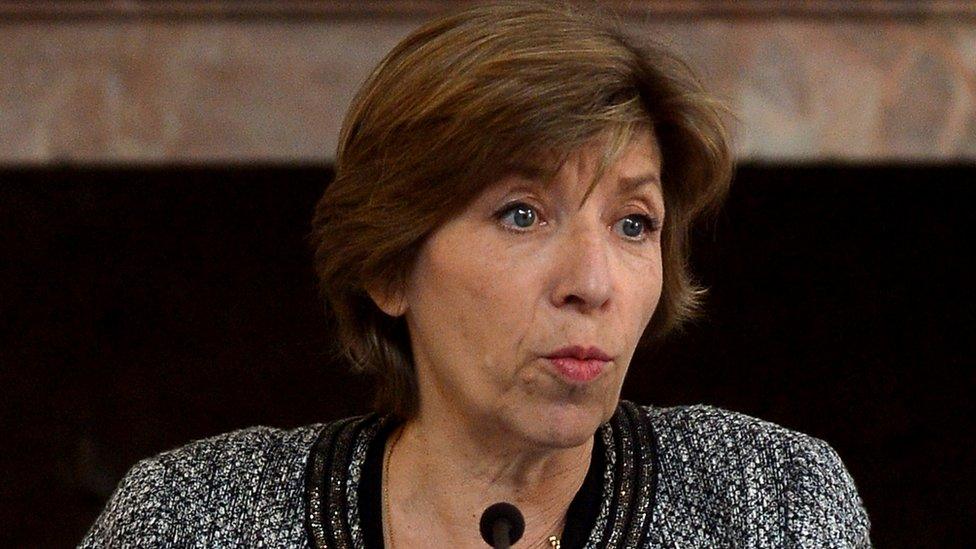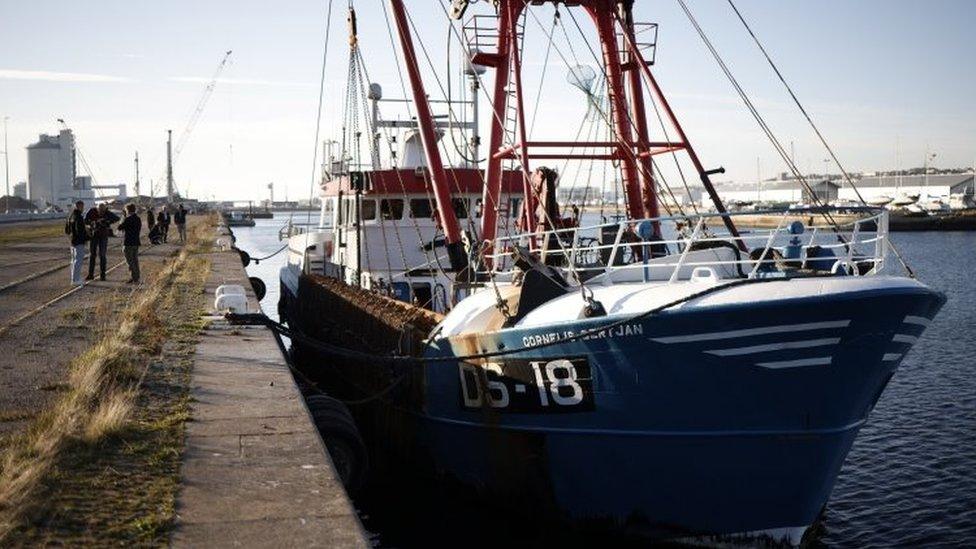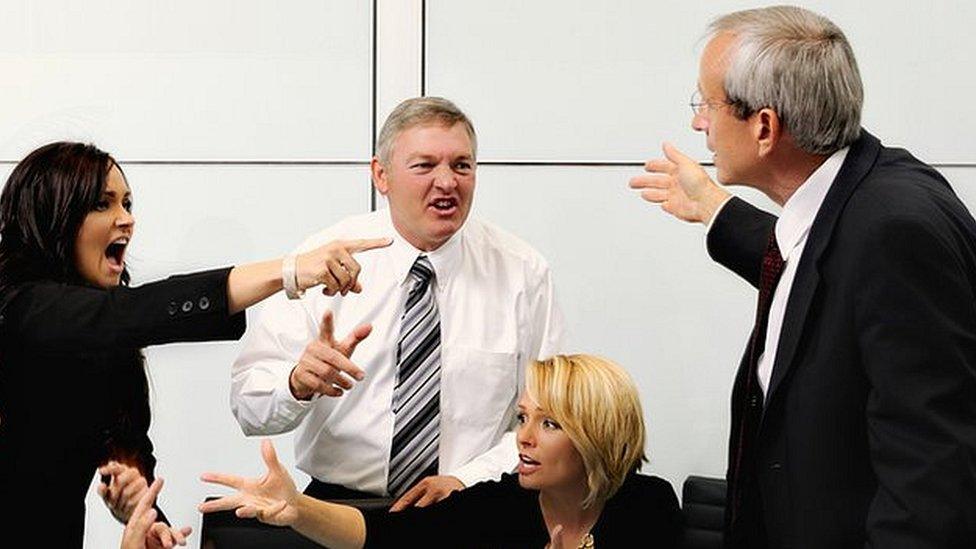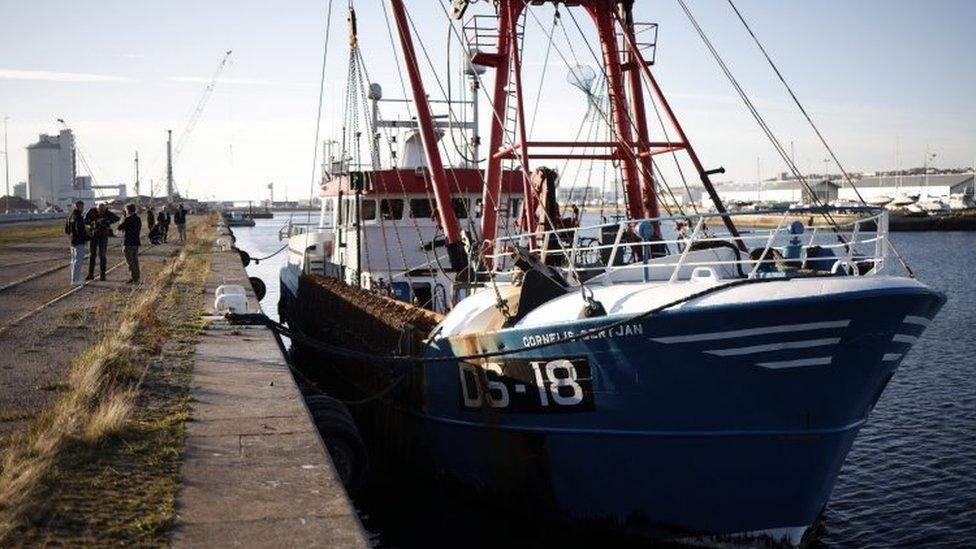Fishing row: How serious is summoning French ambassador?
- Published

French ambassador to the UK, Catherine Colonna, has been summoned by the Foreign Office
Summoning an ambassador to the Foreign Office - like the UK has with France's ambassador amid the fishing row - is just one way the government can express its concern about an issue. But a summons can come in many forms.
At its most mild, the ambassador will be called in for a quiet chat with a junior official.
Or, if the government wants to express a bit more gravity, the ambassador might be asked to see the permanent secretary, the most senior Foreign Office civil servant.
To escalate things further, the ambassador might be hauled before an actual minister. And if things are really serious they will be summoned to see the Foreign Secretary.
The nature of the meeting can also vary. Sometimes it can be a casual conversation in comfortable chairs. Other times, a formal encounter across a table.
If the row is serious, it can even be what's called "a meeting without coffee" when chairs are removed from the room, the ambassador is forced to remain standing, and a formal diplomatic reprimand is read out and handed over in text form, known in the trade as a "note verbale".
Some of these encounters remain private. But most of the time they are made public. And that is the point.
The official summons is most often a piece of diplomatic theatre, allowing a government to send a message not just to another country but also to a wider audience, both at home and abroad. And as with any theatre, both sides are quite aware they are playing a role.
So that is what is happening here. By summoning the French ambassador, the government is expressing its significant concern over the fishing dispute in a very public way.
This is not something allies do very often - and this form of diplomatic dressing down is normally reserved for governments with whom the UK has a less amicable relationship, such as China or Iran.
But equally, this is also a calibrated response by the Foreign Office: France's ambassador to the UK, Catherine Colonna, is meeting only a junior minister.
It would have been a greater escalation if the Foreign Secretary Liz Truss had chosen to see Ms Colonna herself.
And as diplomatic contretemps go, this is quite measured in comparison to a recent dispute over nuclear submarines when France actually recalled its ambassadors from Australia and the United States.

YOU CAN HOP, BUT YOU CAN'T HIDE!: Join us for a classic Halloween film
THE OUTLAWS: Stephen Merchant's brand new comedy-drama

- Published29 October 2021

- Published10 September 2019

- Published29 October 2021

- Published1 January 2021

- Published23 December 2021

